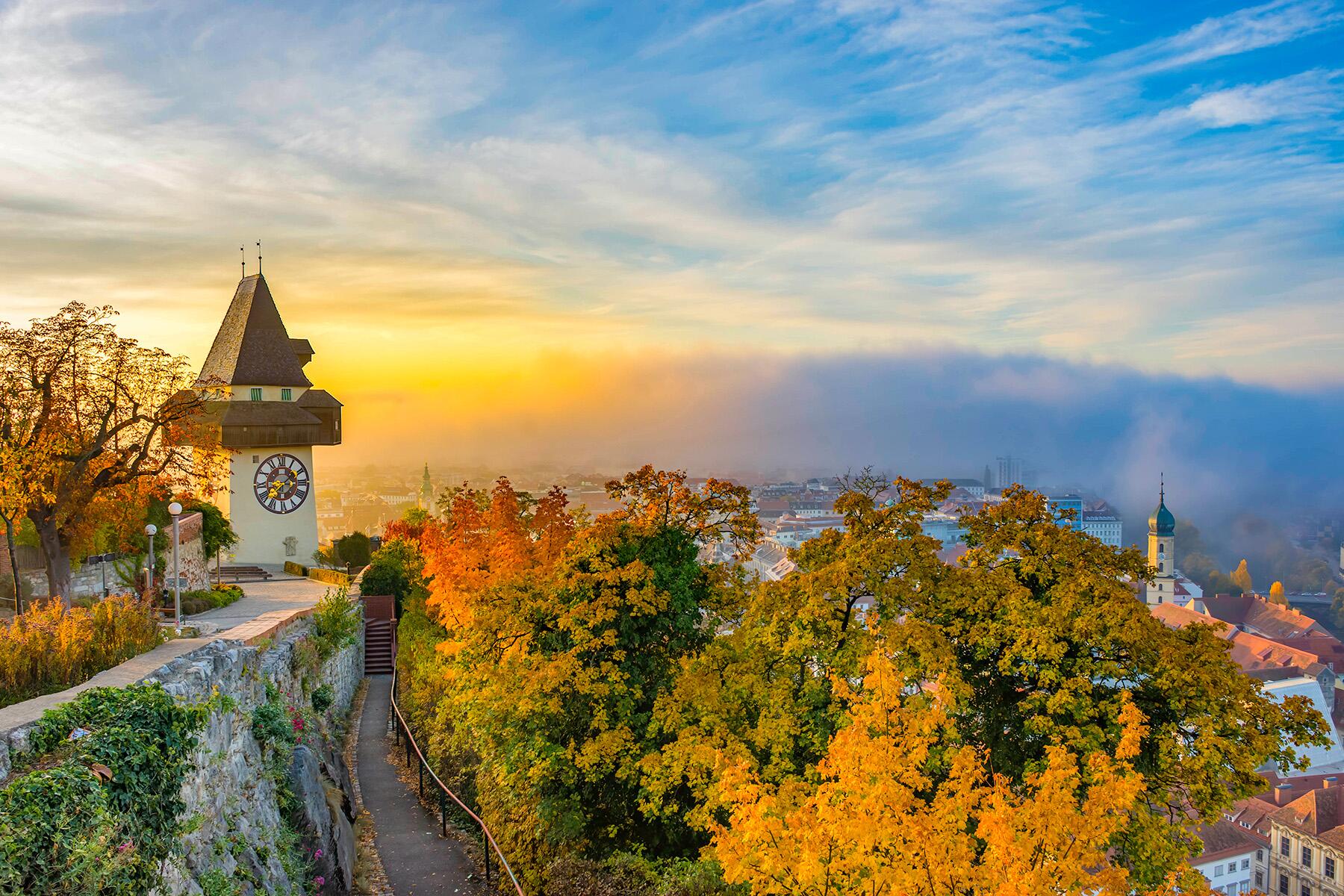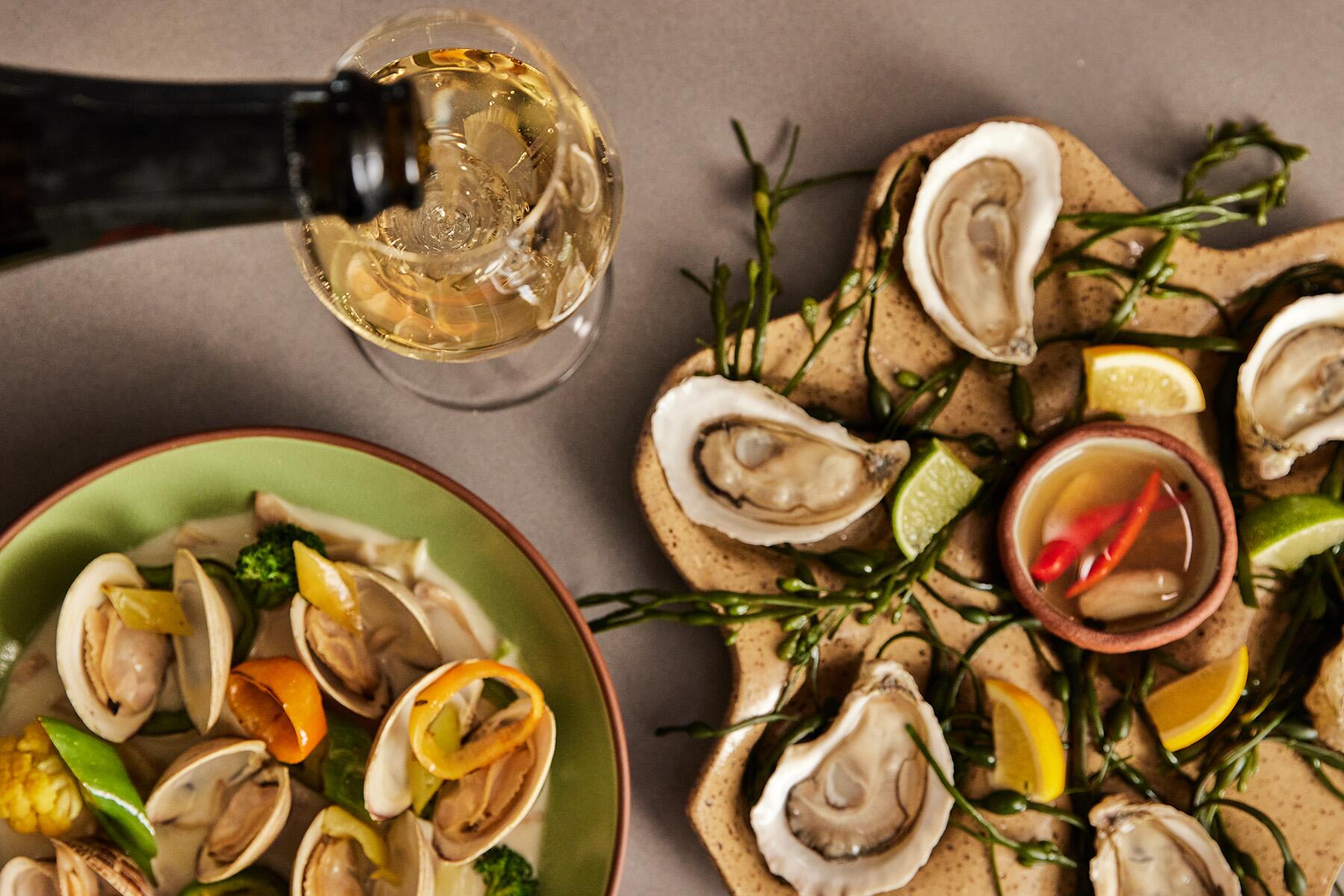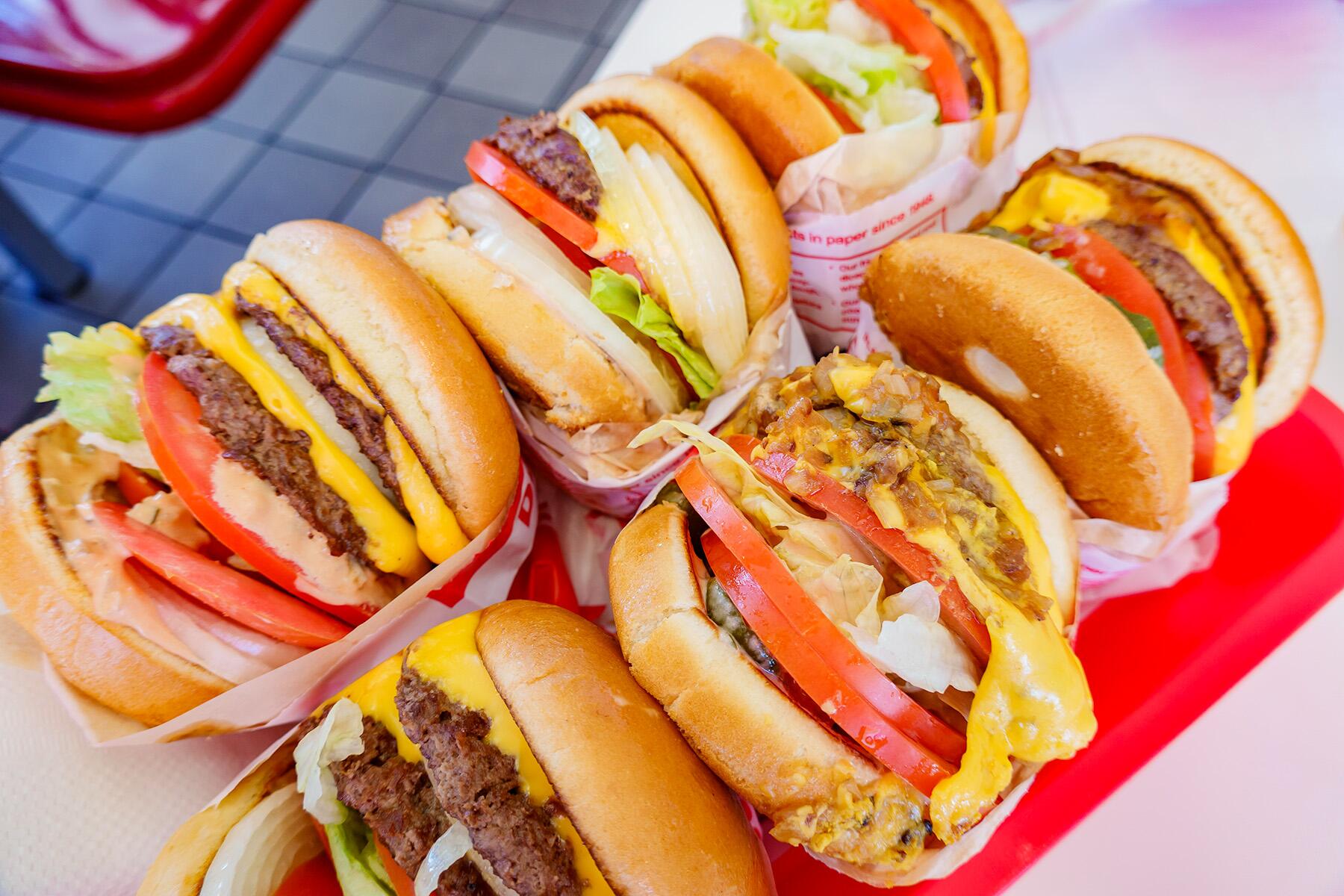Keeping a consistently nutritious diet and avoiding micro-aggressions can be difficult to navigate while visiting different cities and countries.
While choosing my next location for adventure, I tend to keep two things in mind: my plant-based diet and being Black. The cautionary tales by fellow Black travelers live within my brain as I thoroughly search for somewhere that is welcoming to Black women, due to this country’s history of sundown towns and covert racism. Since I was raised in the South, I’m familiar with guides like The Negro Motorist Green Book and towns to avoid on a roadtrip, but it’s exhausting to constantly think about my appearance affecting my vacation experience.
Black postal carrier Victor Hugo Green wrote The Negro Motorist Green Book during the Jim Crow era to warn Black Americans to not venture to certain locations and referenced Black-friendly atmospheres in cities like Detroit and Atlanta. Although this book is considered outdated to some, I’m still wary of cities with a low Black population that are unironically victims of gentrification. Generally speaking, I may have problems finding an appetizing vegan meal that makes the cut to my Instagram story, but my worry of experiencing racism while visiting an unknown setting is more of an alarming issue.
Transitioning to a vegan diet completely transformed my view on food, accessibility, and traditional American dishes. It encouraged me to explore culturally-influenced recipes and menus that offered food derived from non-American countries. American food norms are very meat-centric, so I’m familiar with certain restaurants and chain businesses to avoid. Since my travel journey has been primarily metropolitan cities in the U.S., I’ve had a fairly easy time finding my way around the foodie scene via Facebook groups and vegan-friendly mobile apps.
Recommended Fodor’s Video
Less than a year after removing meat and dairy from my diet, I realized that veganism quickly became whitewashed, which contradicts different cultural backgrounds that have been cooking without meat in their traditional dishes. The movement is undergoing a racial reckoning as non-white vegans begin to call out their white counterparts for appropriating recipes and opening businesses that push out communities of color. Often foods like quinoa and tofu are subjected to this whitewashing as Western plant-based influencers don’t acknowledge their cultural roots. I feel most comfortable while meeting other Black vegans or decolonizing my social media feed by following Black vegan influencers like Tabitha Brown, Leah Thomas, and Ashley Renne. Often, the white veganism movement shames those who do not practice an animal-free diet, versus advocating for more food accessibility and fewer food swamps/deserts.
View this post on Instagram
Growing up in a Caribbean household exposed me to a plentiful amount of meat growing up, since my mom’s staple dish was her curry chicken with chickpeas and rice. Although a vegan diet has become mainstream, I assumed that this meant I would be forced to eliminate these memorable meals from my taste palette, since I was left with meat alternative patties, salads, and vegetables. Like many others that are plant-based, my introduction to veganism was spent trying many processed, frozen alternatives that didn’t give me the true vegan cooking experience. Eventually, after traveling to Gainesville, Florida, to visit a friend, I stumbled upon Reggae Shack Cafe, a Jamaican restaurant near the city’s college town with an entirely separate vegan menu. Their menu was filled with seitan-based options for both jerk and curry seasonings, as well as callaloo, cabbage, and plantains. I frequently voice that restaurants should have more vegan/vegetarian options than a salad or Beyond burger, which, ironically, usually has dairy cheese or a Brioche bun. Reggae Shack Cafe won my heart and set the example for what I’d love to see in more chain restaurants, airport terminals, and beyond.
View this post on Instagram
If we’re being transparent, once I reach my destination, I already know where I’m eating during my trip. I’m a foodie at heart, plus I wouldn’t have willingly visited somewhere if I knew their vegan options were scarce. My recommended tips for traveling vegan include downloading Happy Cow, which I like to call “the vegan’s Yelp”, but actual Yelp can be helpful, too. Calling restaurants prior to your arrival will let you know their menu before visiting, so you don’t experience any letdown if their vegan menu doesn’t exist daily or weekly. I recommend joining a city’s vegan Facebook group and searching through the page to find unfiltered reviews. Choosing to book accommodations that have a kitchen and are friendly toward minorities and LGBTQIA+ is a requirement on a trip, so I’m entirely comfortable in my surroundings. Since I prefer shopping locally, local co-op markets and farmers markets are my best friends to find prepackaged vegan items or fruits and vegetables for an easy snack.
View this post on Instagram
Prior to traveling via an airport, I usually prepare myself to not have many food options beyond a pricey side of fries. Why is it that terminals with thousands of travelers per day that are bound to have a restricted diet usually offer little-to-no options to satisfy their hunger? Chains like Panda Express and Burger King—who have a completely plant-based option—are often found in terminals but usually offer a limited menu that casually leaves out their newly released non-meat dish. This usually leads travelers like myself to cave in and purchase fries or overpriced nuts from a gift shop. Bringing high-protein snacks or dairy-free coffee creamer in your carry-on bag can go a long way. However, some airlines like Qatar Airlines, American Airlines, and British Airways offer vegan meals mid-flight if they receive notice of your request prior to boarding.
Road trips work a little differently. Stocking up on single-serving snacks at a local Trader Joe’s or Target such as trail mix, dried fruits, and popcorn make it easier to prepare yourself for the junk food you’ll see while driving like gas station snacks and fast-food restaurants.
View this post on Instagram
As I continue to travel around the United States and plan my first trip overseas, I continue to put BIPOC-owned, plant-based businesses first, and they successfully surpass my expectations. As a Caribbean foodie, my heart is replenished within businesses that intertwine their culture into their meals, so I strive to try as many ethnic spots for breakfast, lunch, and dinner while venturing beyond my kitchen. Perhaps the future of travel for vegans will become smoother—an affordable variety of snacks in airport vending machines, more Impossible Meat products on restaurant menus, or vegan-friendly cream cheese at Einstein Bros. Bagels and Starbucks locations. Maybe I’ll refrain from resorting to packing myself a dinner to-go prior to my flight in the future. Either way, I’ve grown as a person and foodie throughout my nearly three-year journey in veganism, and I’m looking forward to the future of how plant-based eating intersects with travel.




